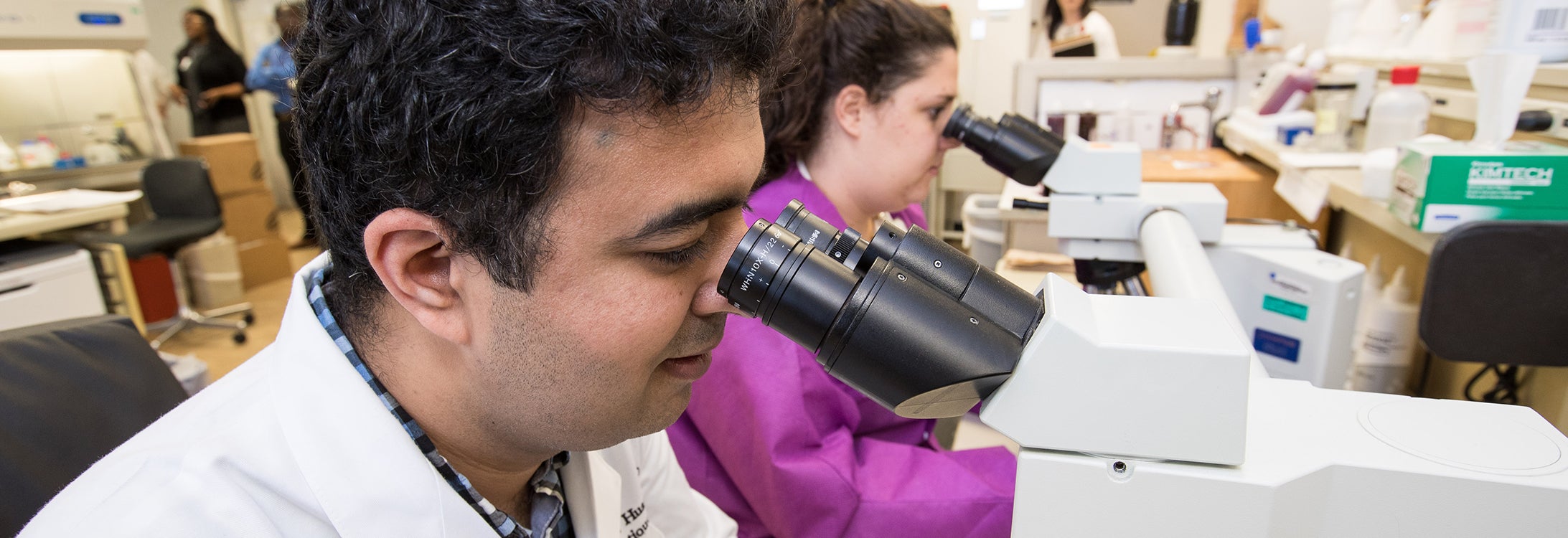Responsible Conduct of Research
The opportunity to conduct research at ECU is a privilege, not a right. It is incumbent upon all members of the ECU research community, including students, postdoctoral scholars, faculty, and staff, to conduct research according to professional standards and with the utmost integrity. This is the foundation upon which public trust is built.
As a community, we have a duty to ensure that our pursuit of research and scholarly activities are carried out ethically and in compliance with the legal, regulatory, and ethical requirements established by the University, regulatory agencies, funding sources, and professional organizations.
The U.S. Department of Health and Human Services’ Office of Research Integrity encourages researchers to make a special effort to understand, discuss, and teach others about the responsible conduct of research. Although some research practices vary among disciplines, responsible research is defined by the shared values of honesty, accuracy, efficiency, and objectivity. These values guide best practices in research and may be taught and learned in a variety of ways.
ECU provides RCR training to all members of the University research community, both faculty and students, through all career stages.
RCR Training Requirements
All undergraduate and graduate students, as well as postdoctoral scholars who participate in National Institutes of Health or National Science Foundation funded research or educational projects, must fulfill training requirements related to the responsible conduct of research. Federal sponsors have unique training requirements associated with specific awards and career levels that are outlined in the RCR Training Matrix.
Institutions seeking funding for certain projects and activities through the NIH or NSF must have a plan to meet these special responsible conduct of research training requirements. Click the logos to learn more.
Below are the nine core areas comprising responsible conduct of research. Instruction should at least address the nine core areas, but it may include other areas as well such as research ethics, the role of the scientist, and safe laboratory practices.
The Lab
“In ‘The Lab: Avoiding Research Misconduct,’ you become the lead characters in an interactive movie and make decisions about integrity in research that can have long-term consequences. The simulation addresses Responsible Conduct of Research topics such as avoiding research misconduct, mentorship responsibilities, handling of data, responsible authorship, and questionable research practices.



